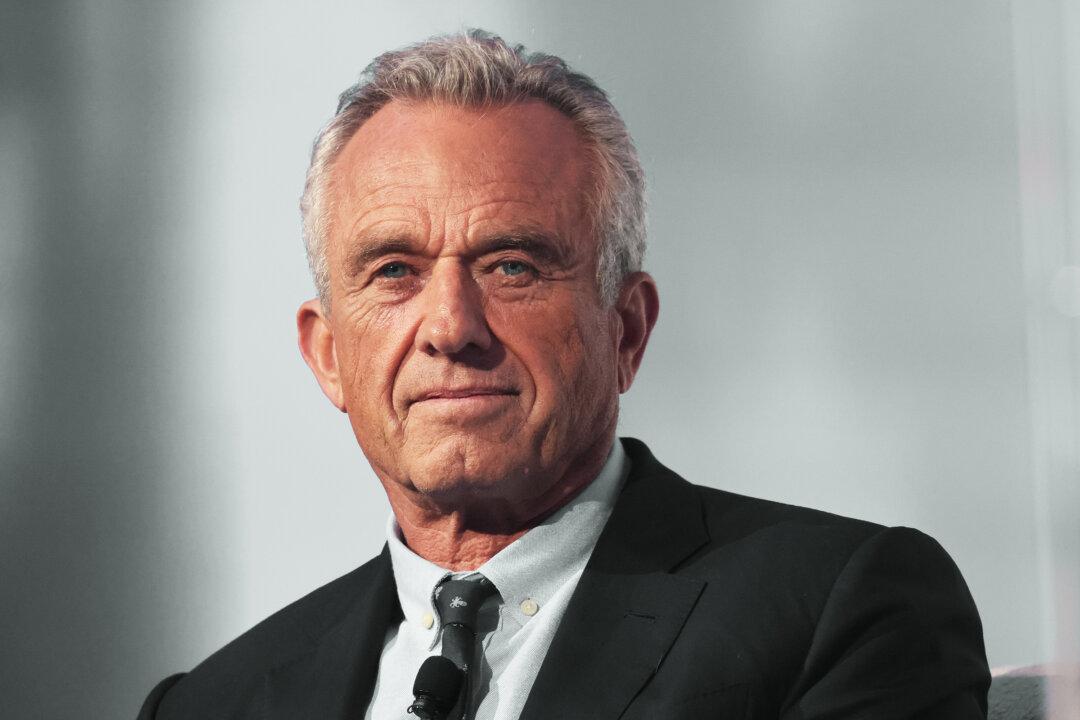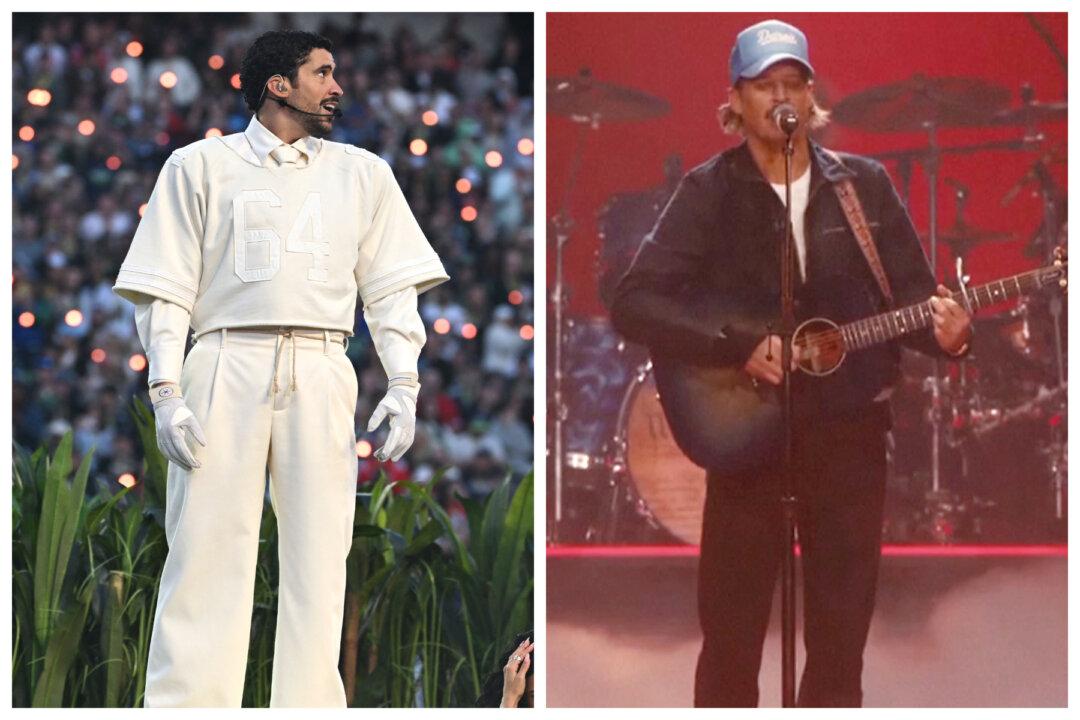Robert F. Kennedy Jr. reported on May 16 that his campaign had collected enough signatures to gain ballot access in New Jersey and hinted that he would achieve the same feat in New York by the May 28 deadline.
In a May 16 statement, Mr. Kennedy’s campaign announced that it had gathered more than three times the 800-signature minimum in New Jersey.





